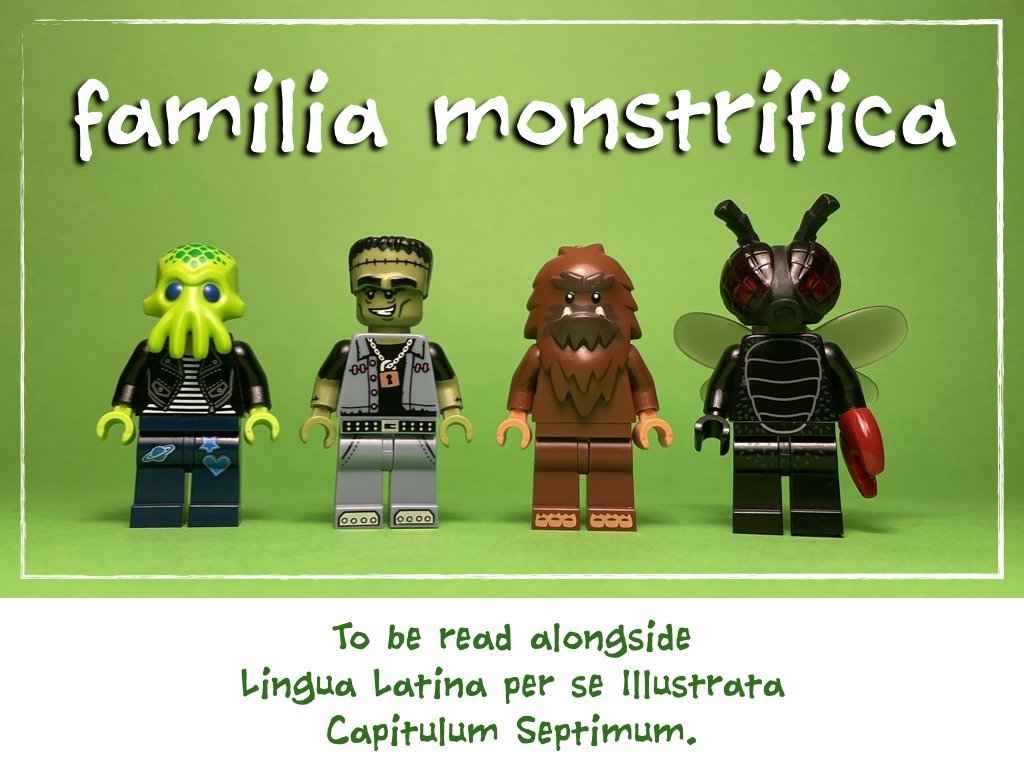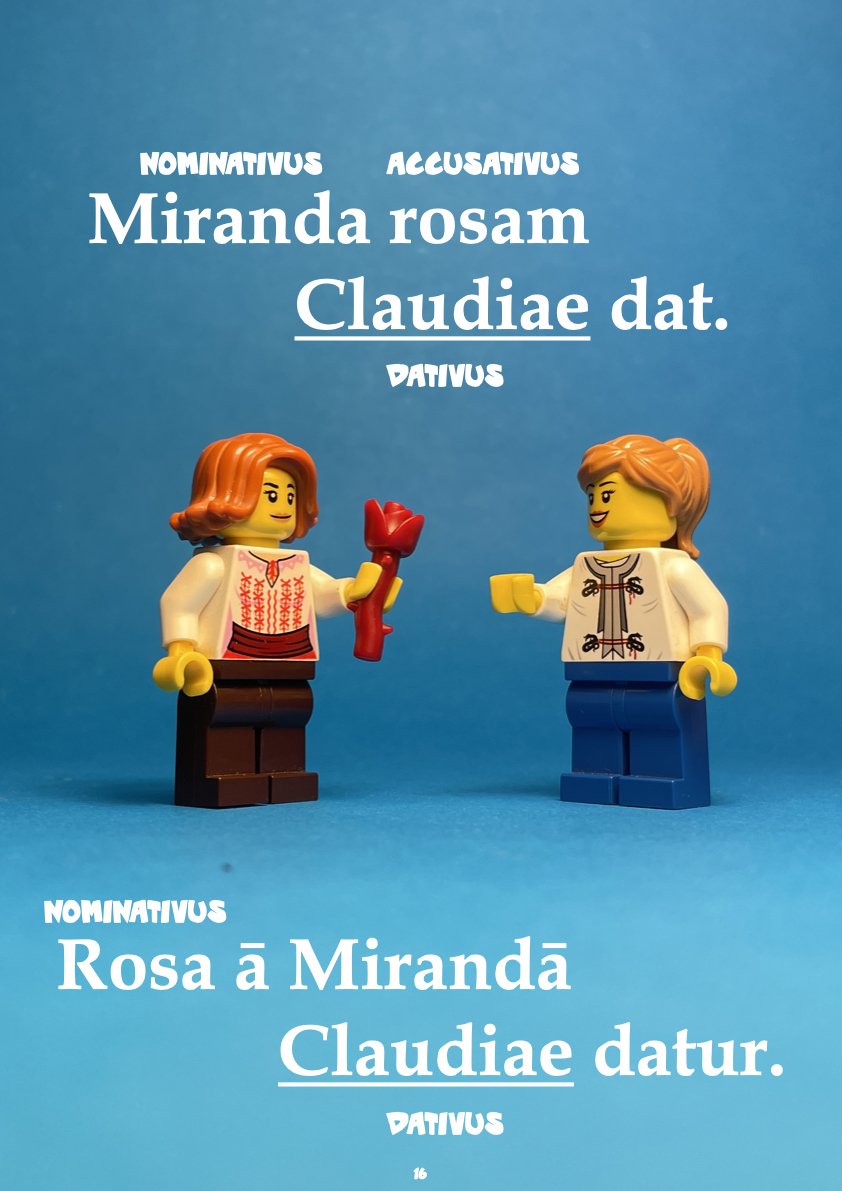Salvēte, sodālēs.
Buckle in - there is quite a bit of new content introduced in today’s reading.
Lingua Latīna Per Sē Illustrāta defines haec taberna as taberna quae hīc est. Literally, this means the shop which is here, although we been thinking of haec taberna simply as this shop.
Similarly, the text defines illa taberna as taberna quae illīc est, or the tavern which is there. But, for our purpose, it might be easier to think of illa taberna as that shop.
You probably won’t be surprised to hear that there are just as many forms of that as there are of this. We will meet them gradually. In today’s reading we will meet just two. The first is feminine accūsātīvus singulāris - Aspice illam tabernam! Look at that shop! The second is neuter nōminātīvus plūrālis - Ō, quam pulchra sunt illa ōrnāmenta! Oh, how beautiful are those pieces of jewellery!
What is quam doing in that sentence above? Hopefully a close examination of these two sentences will help you deduce its meaning:
Illa taberna non tam bona est quam haec taberna. That shop is not so good as this shop.
Ō, quam bona est haec taberna! Oh, how good is this shop! (Expressing excitement at how good it is).
Moving on, there are three new verbs in today’s reading. They are clāmat/clāmant, mōnstrat/monstrant and ostendit/ostendunt. The difference between mōnstrat/mōnstrant points out/point out and ostendit/ostendunt shows/show is quite subtle. I’ll leave you to deduce the meaning of clāmat/clāmant,
Lastly, as you are reading, try to deduce that Latin words that mean with (her) finger and to Lydia. I’ll provide an answer and a short explanation at the end.

























